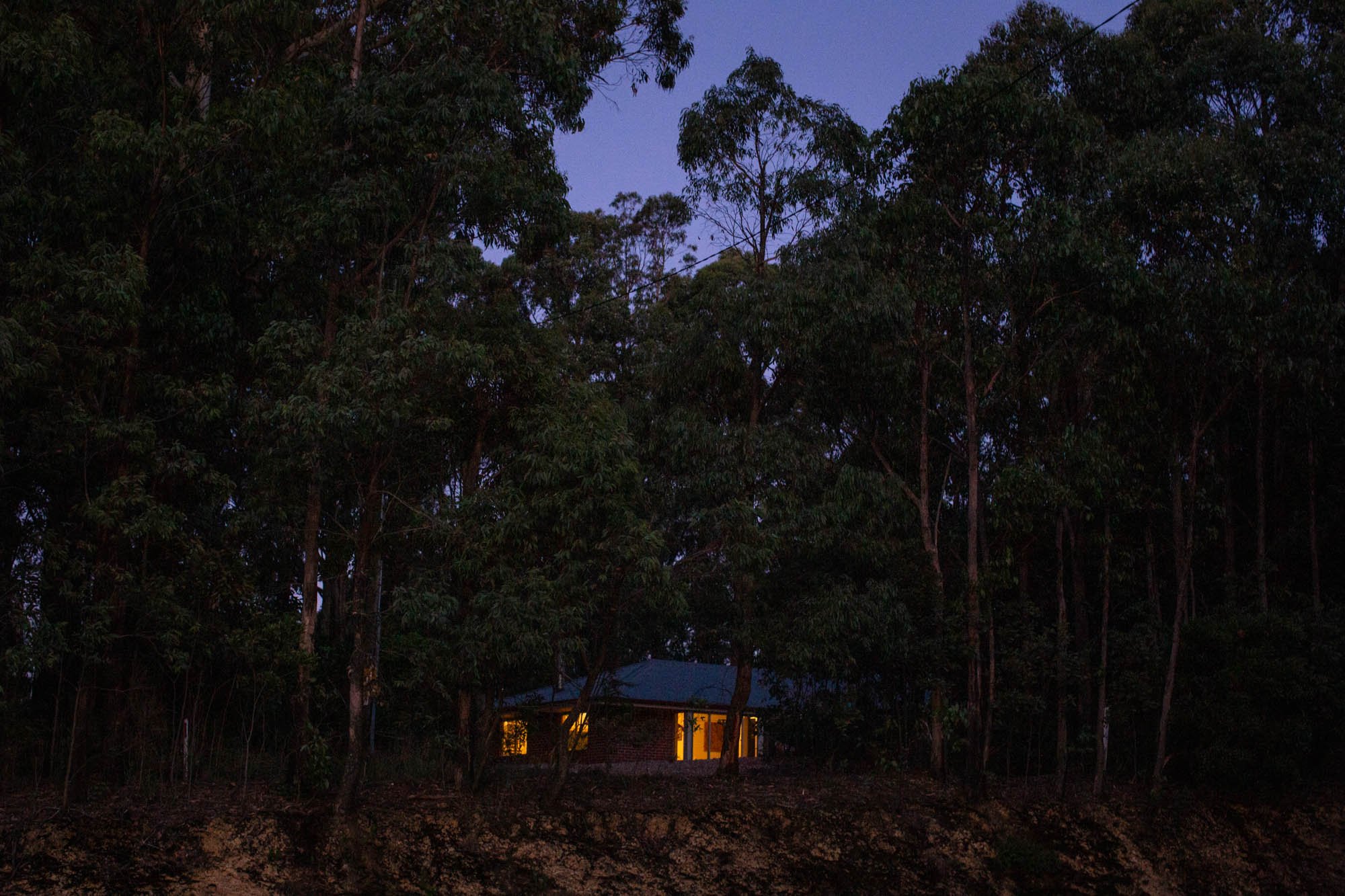
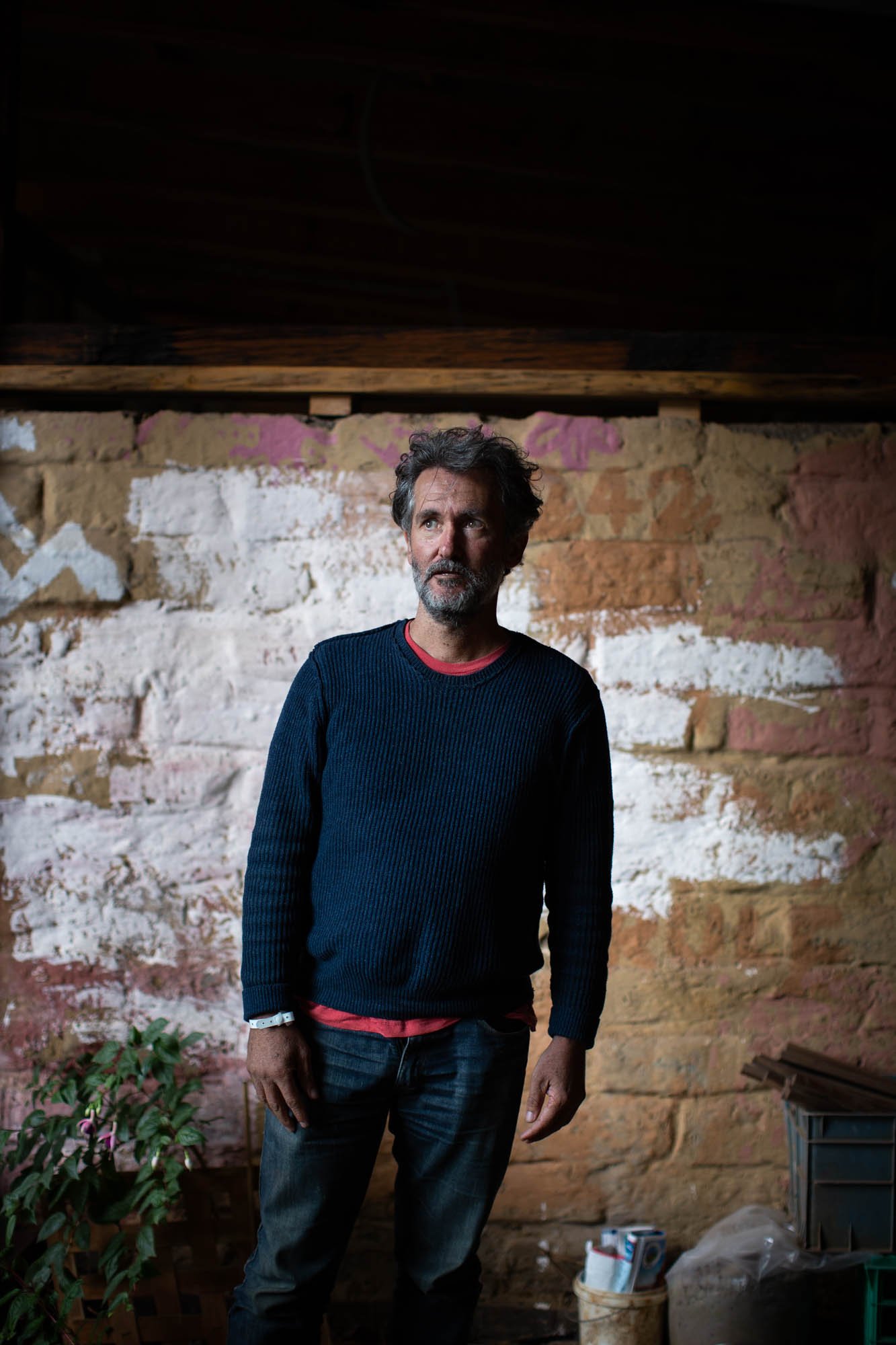
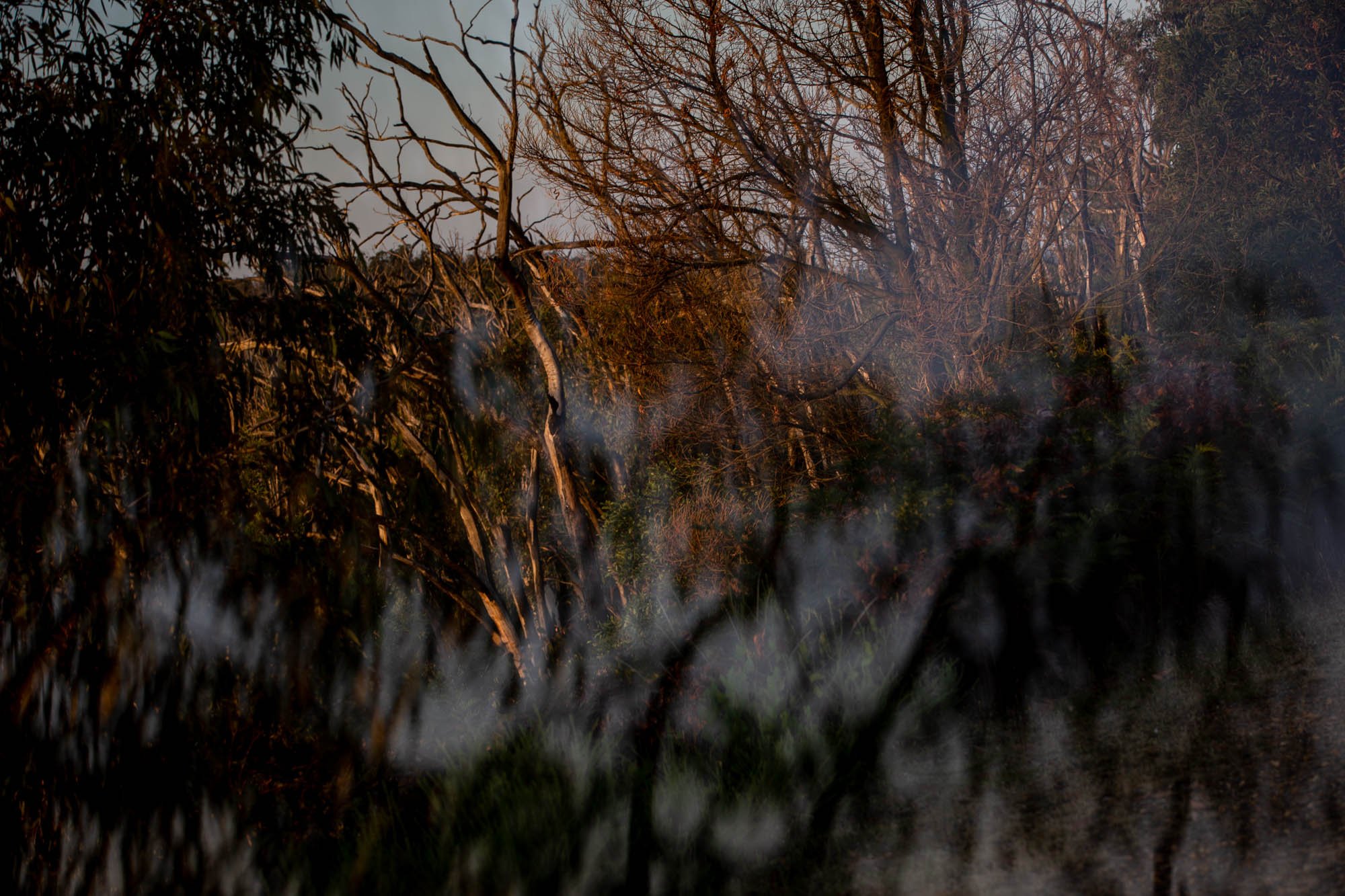
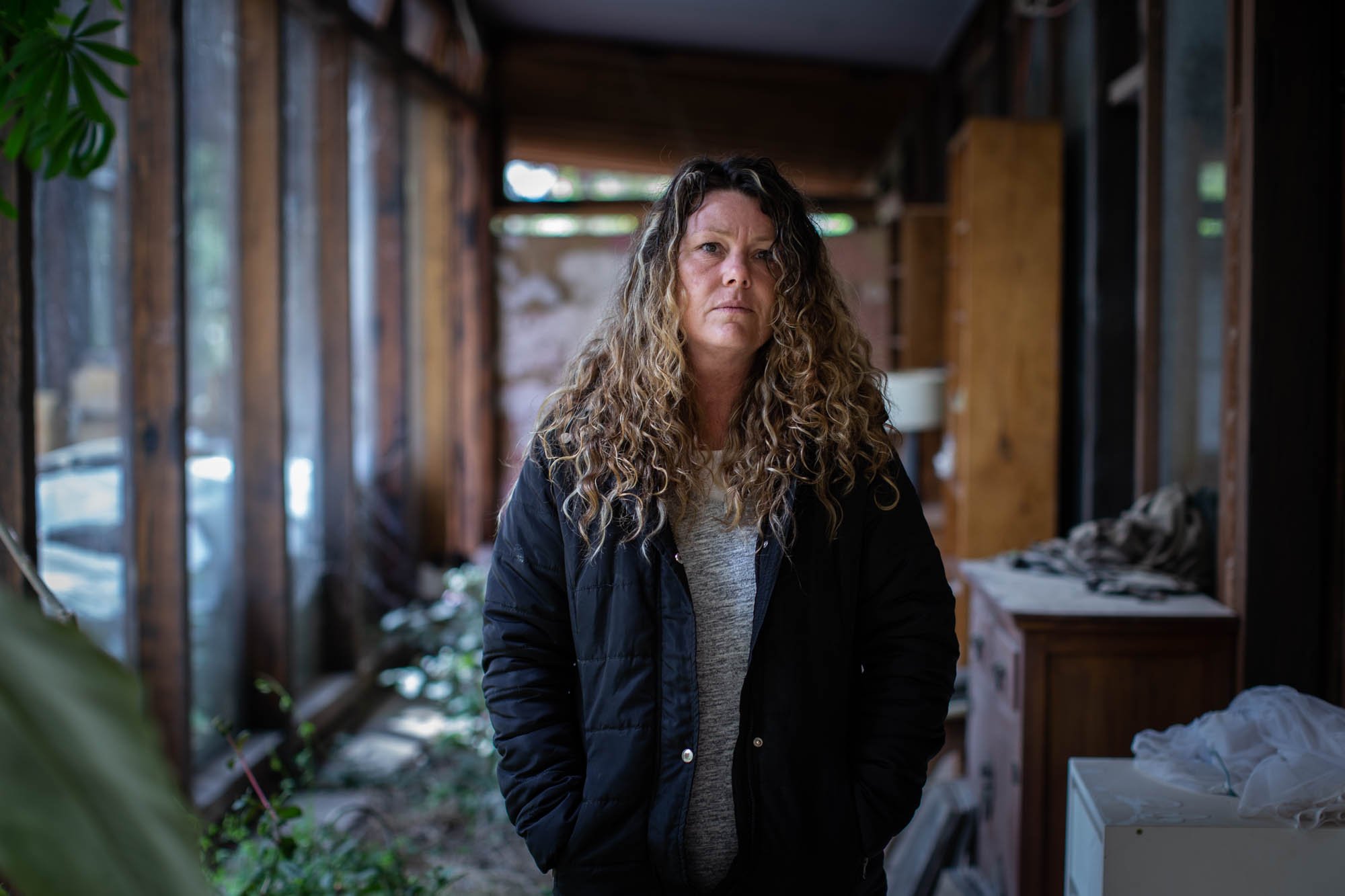
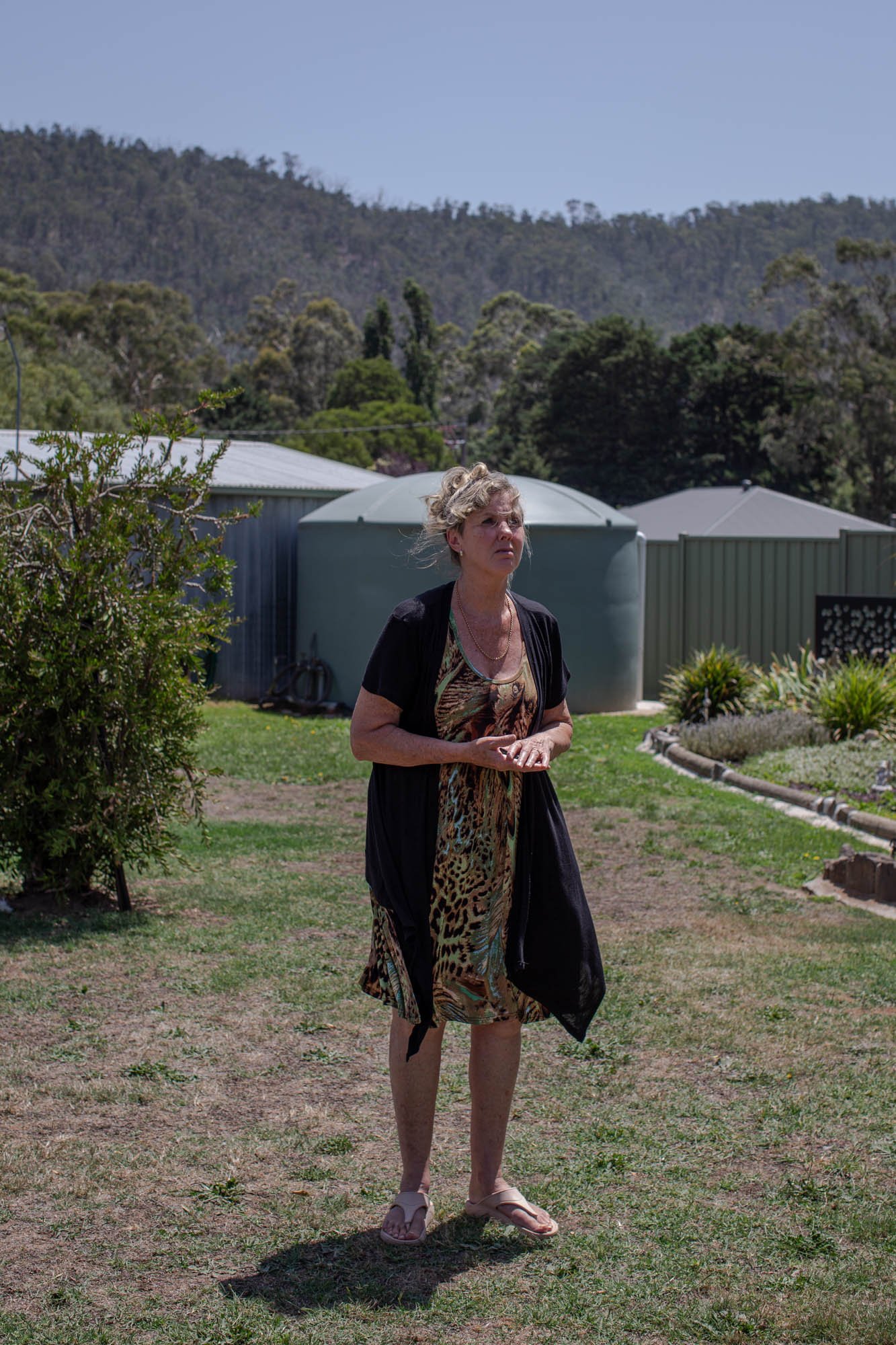
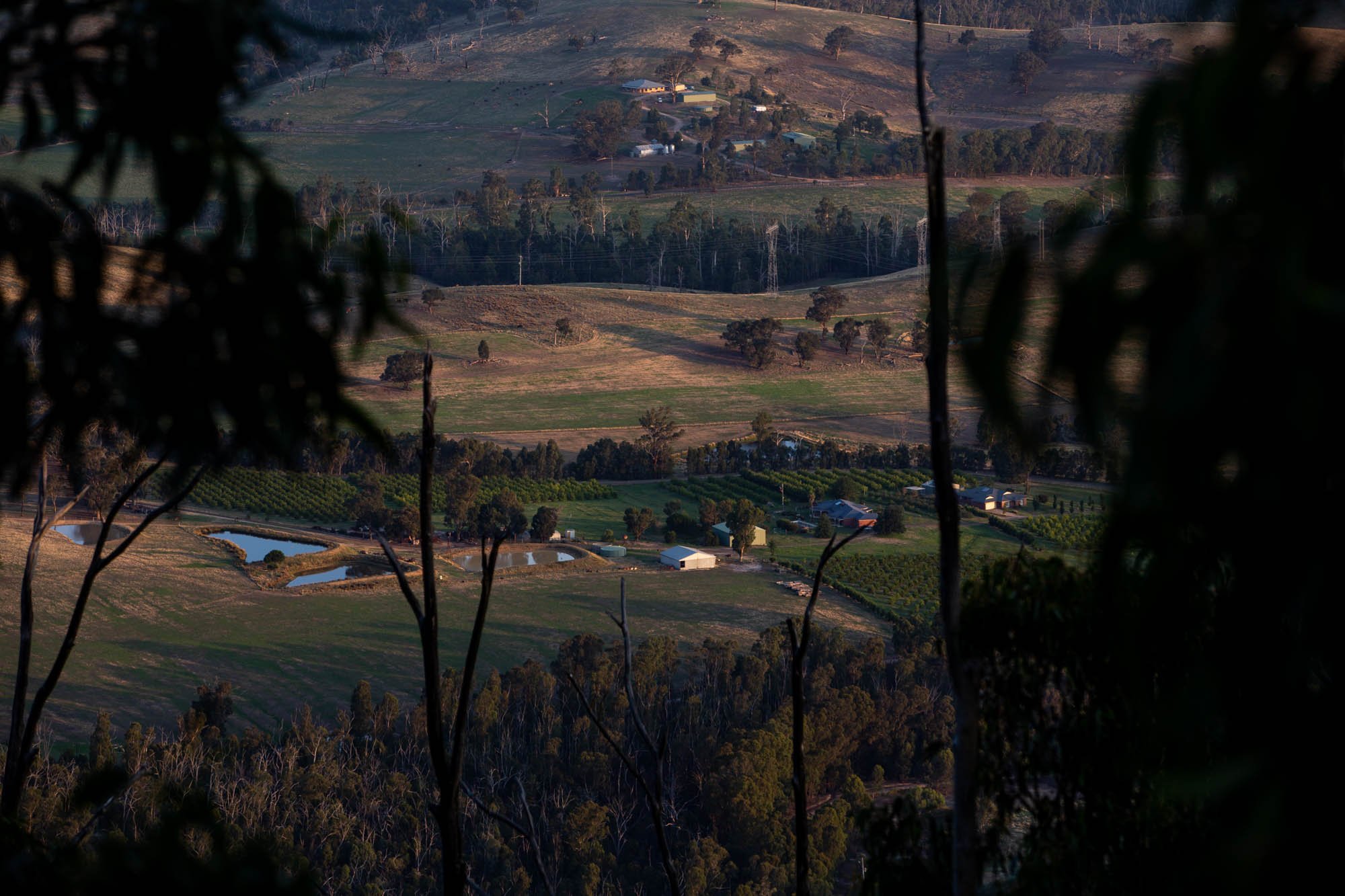
the dark lessons of natural disasters
I traveled with NPR reporter Rebecca Hersher to Australia to report on lessons from Australia’s wildfires — from the ways in which scientists are learning to predict landslides following a fire to the disturbing uptick in family violence that happened to one town in the aftermath of a 2009 wildfire. This last story that was the most difficult story to tell. We spoke to people who lived in Kinglake, those who moved away, or were part of the recovery effort. And we dug into research that included emotional interviews with nearly 50 women and 40 men who survived the Kinglake fires about the disturbing changes in the community afterwards.
Experiencing a loss of employment or having a financial hardship or having post-traumatic stress disorder can all increase the likelihood someone will be violent toward a family member, studies show. For those that survive a disaster like a fire, these issues can happen all at once.
Read the full story here.